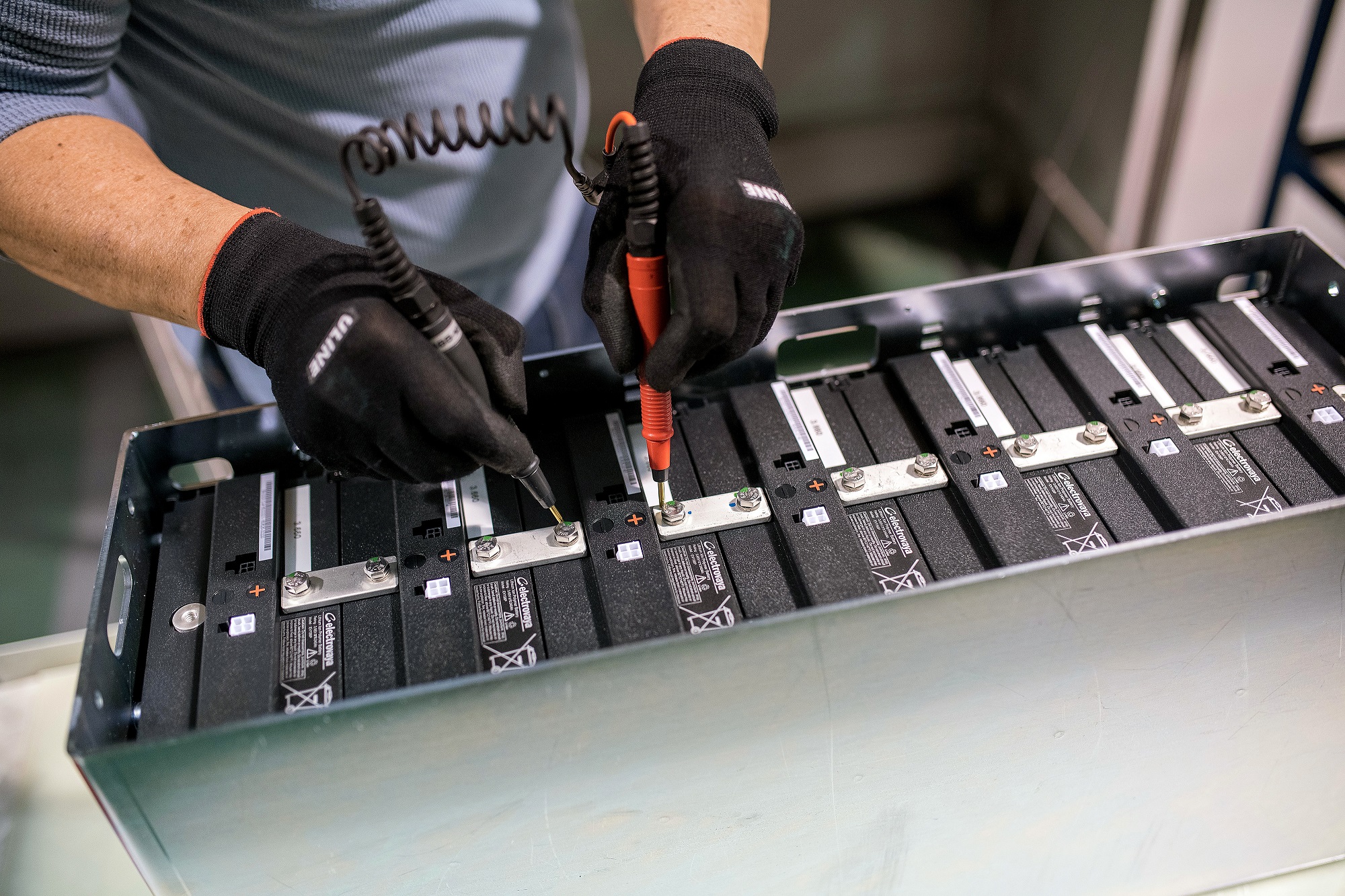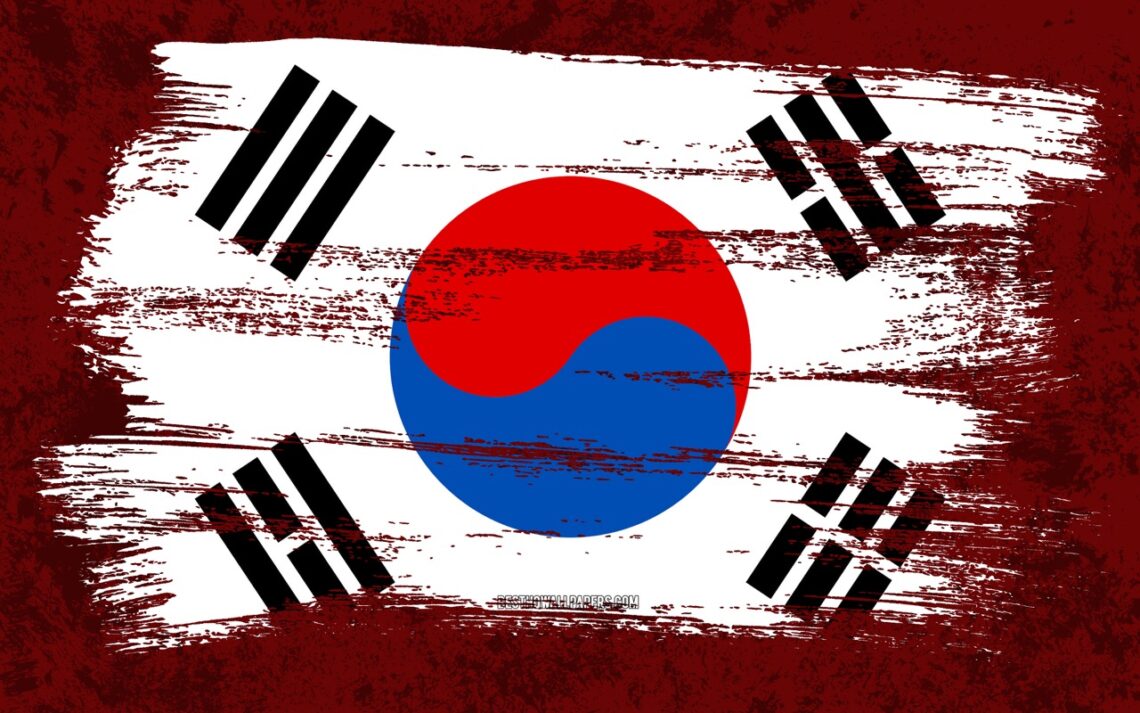Korean government seeks to reduce dependence on China
The Korean government is implementing various initiatives to promote electric vehicles. In addition to targeting end users, the government programme also targets manufacturers. The authorities have announced the allocation of US$7.1 billion to battery companies in Korea.
The government hopes the initiative will help improve supply chains. They will have to comply with US tax rules and favourable conditions. This will allow local manufacturers to become more competitive in the US market. Moreover, expanding battery production in Korea will help reduce dependence on supplies from China.
In addition to the funding provided, the government focuses on providing local companies with the necessary materials. At the same time, manufacturers are committed to operating within the framework of the Inflation Reduction Act.
Reasons for the allocation
The Korean authorities decided to allocate funds after introducing new benefits in the United States. This is the possibility for American manufacturers to postpone the purchase of minerals for two years. The initiative mainly concerns the purchase of graphite, the leading supplier of which is China.
The Korean government’s programme includes:
– providing tax incentives;
– lending to companies on favourable terms.
The support will help the local sector restructure its operations and find new raw material suppliers.
Several manufacturers have already refused to buy materials from China. The main reason has been the PRC’s tightening of export controls. As a result, many companies have started to look for new graphite suppliers. These include giants LG Energy and Samsung SDI. They have started sourcing from other countries, including Africa.
Analysts say the US delay is good news for Korean manufacturers. It will give companies more time to find new importers and establish supply processes.
Other Korean government initiatives
The authorities also announced a new programme for another strategic industry – semiconductors. The government is allocating US$7.3 billion to develop chip production. According to the minister in charge, Choi Sang-mok, there is no straightforward programme for distributing the funds. The authorities are considering several options, including:
– financing manufacturers through the Korea Development Bank;
– setting up a fund with joint participation from the public and private sectors.
The US recommendations have been key in implementing the initiative. Washington insists on limiting China’s ability to buy Korean equipment, Which will prevent China from having access to the advanced technologies of other countries.
Tensions between China and the US also affect Korea. The country wants to lead the semiconductor manufacturing market. The standoff complicates supply chains for local companies.










